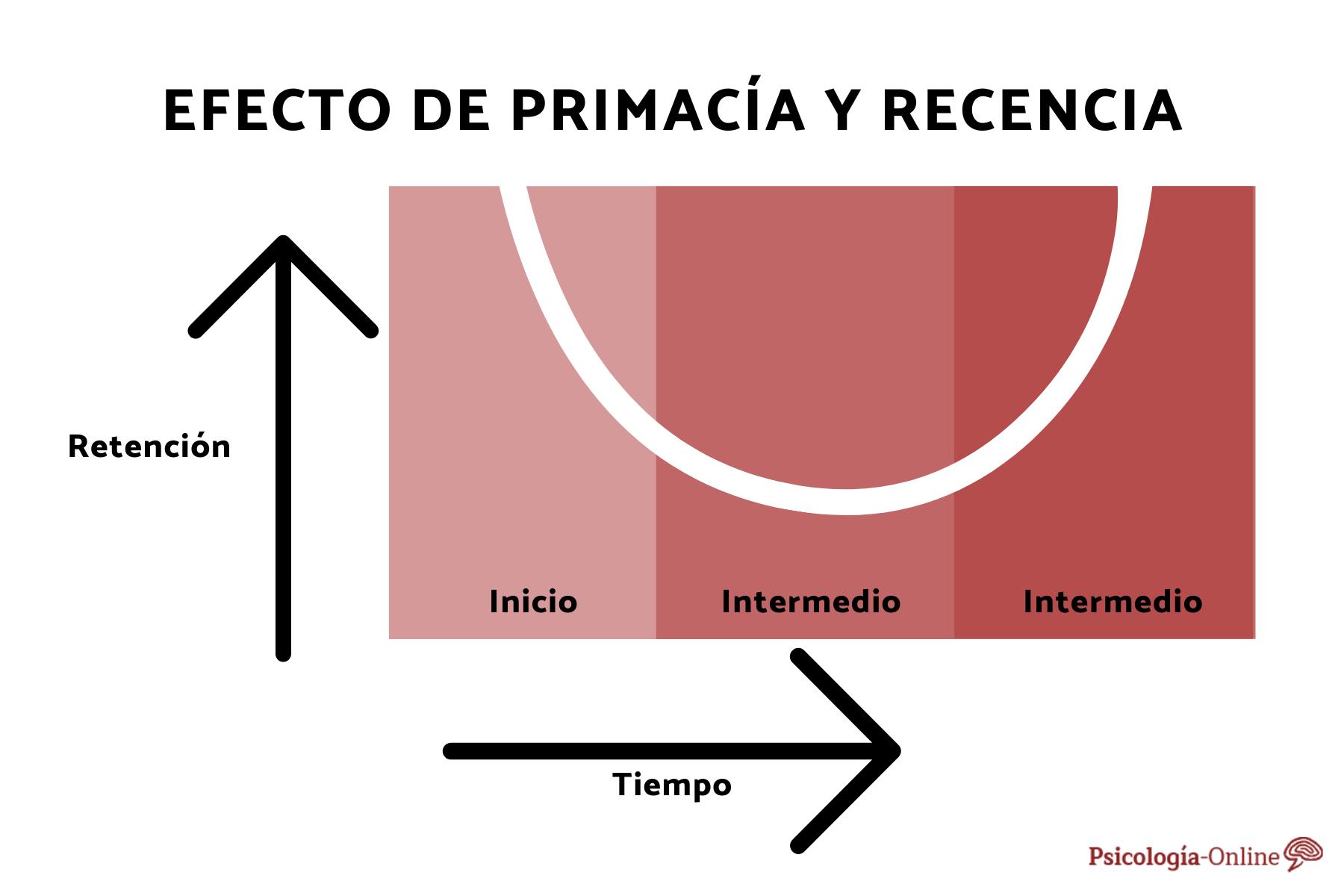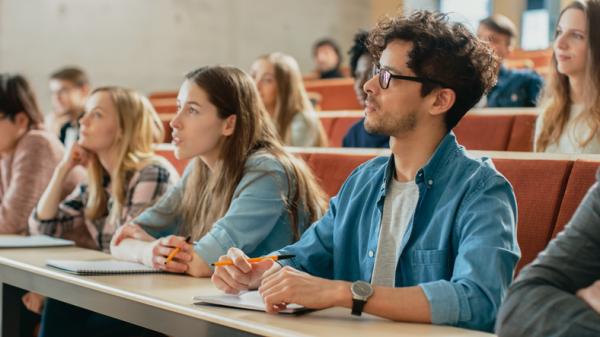In a world driven by information and rapid learning demands, discovering how the brain best retains knowledge is not only useful—it’s essential. Among the many cognitive principles that enhance memory, the Generation Effect stands out for its simplicity and power. This phenomenon reveals that individuals remember information better when they actively generate it rather than passively receive it.
From students aiming to ace exams to professionals acquiring new skills, the generation effect offers a science-backed strategy to optimize learning and retention. But what exactly is it? Why does it work? And how can we apply it to real-life situations?
This article provides a deep dive into the generation effect: its definition, scientific foundations, mechanisms in the brain, practical applications, and its broader implications in education, work, and cognitive development.
What Is the Generation Effect?
The generation effect is a cognitive phenomenon where self-generated information is remembered better than information that is simply read or heard. This means that if you produce an answer, complete a sentence, or solve a problem yourself, you’re more likely to remember that information later, compared to if you had merely seen or heard the solution.
The term was coined after a series of psychological experiments in the 1970s and 1980s, particularly by researchers like Norman Slamecka and Peter Graf, who demonstrated that participants remembered words they had generated far better than those they had only read.
For example, if you’re shown the word pair “hot–??” and asked to generate the missing word “cold,” you’re more likely to remember the word “cold” later than if you had simply been shown “hot–cold” as a complete pair.
Ways to take advantage of the generation effect when studying
There are several advantages when taking advantage of the benefits that the generation effect could give us when it comes to memorize the information contained in a syllabus that is included in the exam we are going to take.
First of all, it is advisable to summarize what we have read in our own words and try to memorize what we have understood with those words that we have used to summarize it, instead of reading it over and over again as it appears in the text, trying to memorize it at once.
Another highly advisable exercise would be the development of concept maps where the most important concepts are captured, so that when the student takes a look at the map they find an overview of the syllabus in a structured way that they can complete mentally by thinking about the meaning of each one of the concepts that appear embodied in it.
According to the generation effect, we will learn more easily and a greater amount of information if we use our own language based on what we have understood from what we have read and we make an effort to actively try to match one part of the information with another, instead of trying to passively memorize it identically to how it is written.
That is why the generation effect has been studied exhaustively for several decades and has come to be considered an advantage for our memory and in order to acquire new knowledge or to carry out any general learning task, and that is because there are three main reasons to take this effect into account when studying or trying to acquire new knowledge.
How the Generation Effect Works in the Brain
At the neurological level, generating information activates multiple regions of the brain, including those involved in memory encoding, attention, and motor processing. This deeper activation leads to stronger neural connections, making it easier for the brain to retrieve the information later.
Several processes are believed to contribute to the generation effect:
- Deeper Semantic Processing: Generating a word or solution requires understanding its meaning and context, leading to deeper cognitive processing.
- Increased Engagement: Active tasks demand more focus and attention than passive reading or listening, which makes the memory trace stronger.
- Error Monitoring: When we try to generate something, we also monitor for correctness. This metacognitive activity improves learning, even if we initially get the answer wrong.
- Multiple Encoding Pathways: Generating an answer may involve visual, auditory, and motor elements, increasing the number of cues the brain can use to retrieve the memory later.
In short, active participation in learning strengthens memory through greater cognitive effort and more elaborate encoding.
Key Research Supporting the Generation Effect
The generation effect has been studied in numerous experimental settings. Some of the most influential findings include:
- Slamecka & Graf (1978): Participants who generated the second word in word pairs (e.g., “King–Cr__” for “King–Crown”) remembered significantly more words than those who simply read complete pairs.
- Jacoby (1978): Showed that even partial generation, such as filling in missing letters or solving anagrams, enhanced memory performance.
- McNamara & Healy (1995): Found that generating arithmetic solutions led to better memory retention of both the problems and the outcomes compared to copying the answers.
- Rosner et al. (2015): Demonstrated that students who generated exam questions (instead of merely reviewing material) performed better on later assessments.
These studies confirm that generation enhances memory across various content types: words, numbers, concepts, and even procedural knowledge.
Generation vs. Passive Learning
Many traditional learning methods focus heavily on passive input: reading textbooks, watching lectures, or highlighting texts. While exposure is important, it often leads to surface-level retention and rapid forgetting.
In contrast, the generation effect aligns with active learning, a principle that underlies techniques such as:
- Retrieval practice
- Teaching others
- Testing oneself
- Creating flashcards
- Completing fill-in-the-blank or problem-solving exercises
When comparing the two approaches:
- Passive learning often creates short-term familiarity but poor long-term retention.
- Active generation results in longer-lasting, more durable memories, even if the learner initially struggles or makes mistakes.
This shift from passive to active learning is crucial for mastering complex material, whether it’s a foreign language, mathematical theory, or professional knowledge.
Applications of the Generation Effect in Real Life
1. Education and Studying
- Self-Quizzing: Students should create their own quizzes or use flashcards that prompt active recall rather than just reviewing notes.
- Fill-in-the-Blank Exercises: Leaving out key information and attempting to reconstruct it enhances memory far more than copying complete notes.
- Teaching Others: Explaining a topic aloud or teaching it to someone else forces the brain to generate coherent, structured knowledge.
- Summarizing Without Notes: After reading a section, try to write a summary without looking back. This tests memory and enhances encoding.
2. Workplace Learning
- Problem-Solving Scenarios: Instead of giving step-by-step instructions, present employees with real scenarios and ask them to suggest solutions.
- Interactive Training: Let learners fill in missing information in documents, simulations, or software walkthroughs.
- Practice Over Observation: Encourage doing over watching—e.g., let a new hire try a task themselves before providing feedback.
3. Memory and Cognitive Health
- For Older Adults: Generating names, dates, or facts (even with cues) helps maintain cognitive agility and delays memory decline.
- Therapeutic Exercises: In cognitive rehabilitation, patients may be asked to generate word associations, solve puzzles, or reconstruct routines to boost memory formation.
4. Language Learning
- Guessing Vocabulary from Context: Trying to infer a word’s meaning from a sentence improves retention more than looking up the translation immediately.
- Sentence Completion: Generating full sentences using new words leads to stronger memory consolidation.
- Speaking and Writing: Actively producing the language—rather than only reading or listening—has a much more lasting effect on fluency.
When the Generation Effect Might Not Help
While the generation effect is generally reliable, it’s not always beneficial. It may not work well when:
- The learner lacks background knowledge: If you try to generate an answer without understanding the material, frustration can replace learning.
- The task is too difficult or ambiguous: Overly complex generation can lead to errors that confuse rather than clarify.
- Speed is prioritized over depth: In fast-paced environments, passive review may seem more efficient—but at the cost of long-term retention.
To maximize the benefit, generation tasks should be challenging but achievable and embedded within a supportive learning structure.
The generation effect provides compelling evidence that learning is not a spectator sport. True learning happens when we engage, struggle, retrieve, and reconstruct information. It’s this active mental labor—this act of generation—that makes knowledge stick.
By understanding and applying this principle, students can study more effectively, teachers can design more impactful lessons, and professionals can retain skills with greater ease. In the broader picture, it shows us how memory is not just a storage system, but a dynamic process shaped by what we do with information, not just how often we see it.
FAQs about Generation Effect
Is generating information always better than reading it?
Not always. While generation typically improves memory, it’s most effective when the learner has some prior knowledge. If the task is too unfamiliar or confusing, passive exposure might be more appropriate until a basic understanding is achieved.
Does the generation effect only apply to verbal tasks?
No. The effect has been observed in mathematics, problem-solving, motor learning, and even visual tasks. Generating solutions, diagrams, or even mental images can all enhance memory retention.
Can mistakes during generation harm learning?
Not necessarily. In fact, making errors and then correcting them (a process called errorful learning) often leads to stronger memory traces than errorless learning—especially when feedback is given.
How is the generation effect different from testing?
They are closely related. Testing oneself is a form of generation because it requires active recall. However, the generation effect also includes activities like sentence completion, inferring meanings, or problem-solving—even if no formal “test” is involved.
Is it better to generate without any cues?
That depends on the difficulty of the task. Cued generation, such as fill-in-the-blank or word stems (e.g., “app__” for “apple”), is easier but still effective. Free generation (no cues) is more demanding but may lead to stronger learning—when appropriate.












